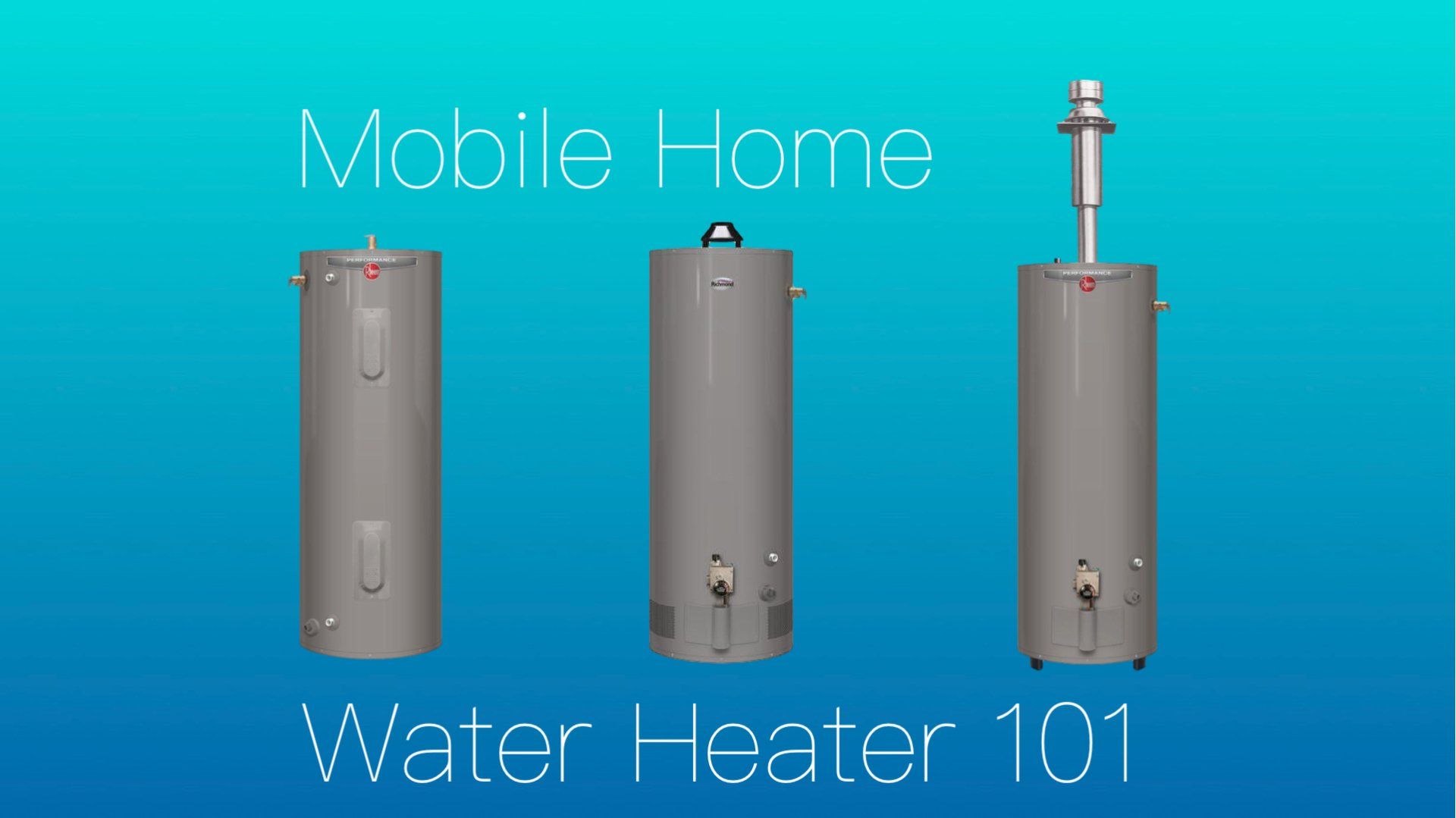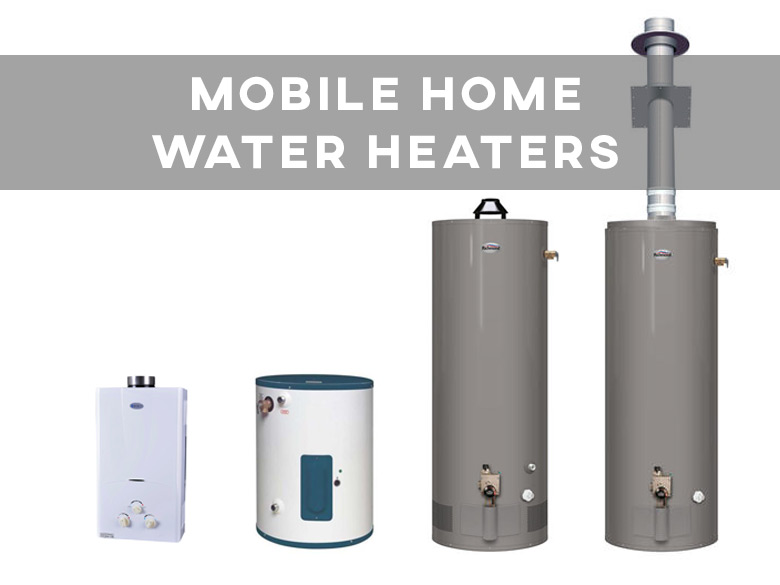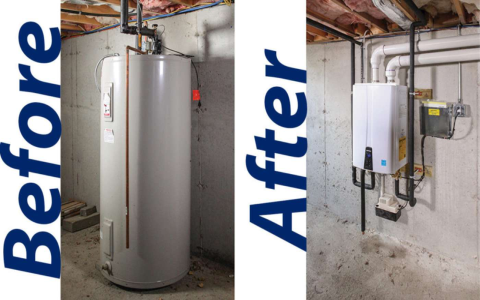When considering water heaters for your home, it’s essential to understand the key distinctions between a mobile home water heater and a regular water heater. While both serve the primary function of heating water for daily use, their designs, sizes, installation requirements, and efficiencies offer unique features tailored for different living situations.
A mobile home water heater is specifically engineered for the confined space of mobile homes or manufactured housing. These units are usually smaller and designed to fit into the limited space available while still providing sufficient hot water. Regular water heaters, on the other hand, are built for conventional homes with more dedicated space, allowing for larger units that can store more hot water.

One of the most significant differences lies in the size and capacity. Mobile home water heaters typically have capacities ranging from 30 to 50 gallons, whereas standard water heaters can range from 40 to 80 gallons or more. The smaller size of mobile home units makes them ideal for the confined areas found in many trailers or mobile homes, ensuring they can be installed without compromising living space.
Installation requirements also vary widely between these two types. Mobile home water heaters are often designed to be installed in more compact or unique configurations, often following different building codes compared to standard household units. It’s crucial for mobile home owners to adhere to specific regulations when installing these water heaters, ensuring safety and compliance, which might not be as stringent for traditional homes.
Energy efficiency presents another point of differentiation. Many mobile home water heaters have been designed to operate efficiently within the constraints of a smaller space and often include insulation features to minimize heat loss. Conversely, regular water heaters may employ different technologies, such as tankless or hybrid models, to provide greater energy efficiency for large households. Homeowners should consider their specific needs, including water usage patterns and local energy costs, when choosing the right system.
The fuel source for these heaters can also differ. Mobile home water heaters may run on electricity, propane, or natural gas, depending on the mobile home’s setup. Regular water heaters also have the option for various fuel sources but often provide a more extensive range of choices, allowing homeowners to select systems that align best with their energy availability and budget.
Durability and build quality is another aspect worth mentioning. Mobile home water heaters may be constructed with materials designed to withstand the specific challenges of mobile living, including vibrations during transit. Regular models must meet different standards, focusing on long-term consumer use in stationary homes, and may incorporate advanced technologies for enhanced performance.
Maintenance requirements can also differ. Regular water heaters might require more substantial annual maintenance due to increased usage patterns in larger homes, while mobile home water heaters may only need seasonal checks to ensure they operate efficiently. Understanding the maintenance needs can help homeowners avoid costly repairs and extend the lifespan of their units.
When selecting between a mobile home water heater and a regular water heater, potential buyers should consider their specific needs, including space constraints, water usage, and energy costs. It’s also critical to consult local plumbing professionals who can provide insights and facilitate proper installation, ensuring adherence to necessary building codes and enhancing system longevity.
Ultimately, understanding the differences between these two types of water heaters helps consumers make more informed decisions. With the right choice, homeowners can enjoy efficient hot water heating tailored to their living environment, ensuring comfort and functionality for years to come. Whether you’re living in a mobile home or a traditional residence, selecting the correct water heater can significantly impact your daily life.




